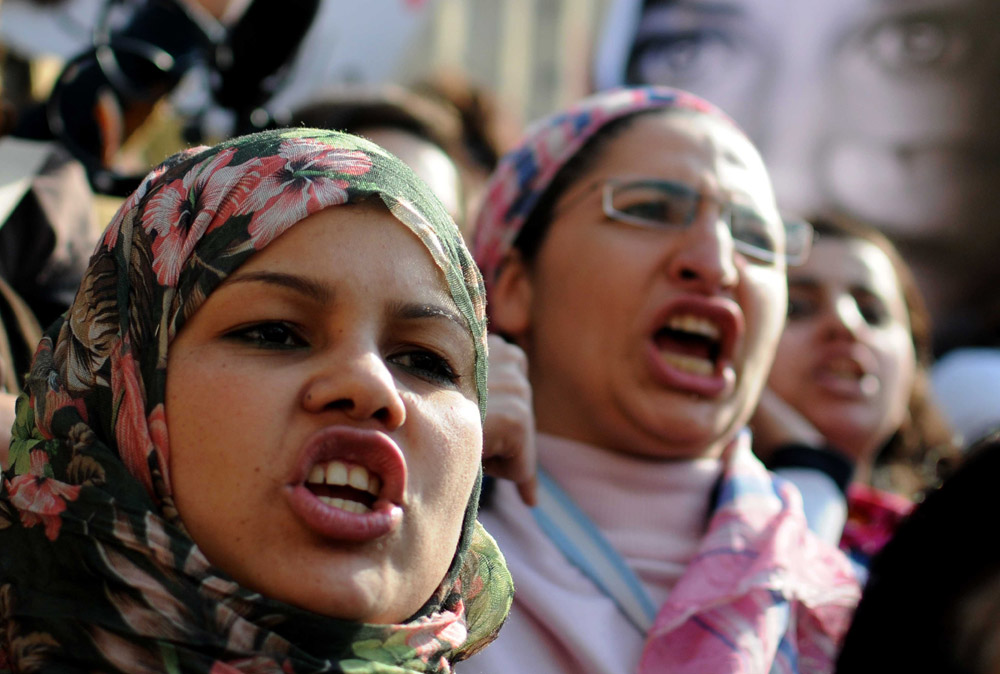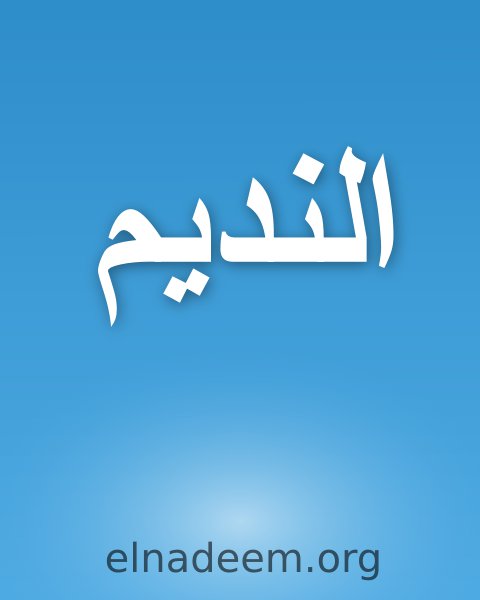On presidential elections, Abdul Moneim Saeed, chairperson of the privately-owned Al-Masry Al-Youm daily, wrote in state-owned Al-Ahram that potential candidates who disagree that achievements and successful reform policies were made during President Abdel Fattah Al-Sisi’s first presidential term did not present alternative programmes.
He further criticised the “revolutionaries” for not having clear strategies since the ouster of Hosni Mubarak, arguing that Al-Sisi is now one step ahead of his competitors as his strategies were put to test on the ground.
Meanwhile, Al-Ahram’s Ahmed Abdel Tawab discussed the “end” of Ahmed Shafiq’s “public work” as he went on criticising the former prime minister despite the fact that the latter officially announced backing off from the upcoming election.
“It is not in Shafiq’s best interest that he remains silent about what is being said about him; that he withdrew from the presidential race due to pressure and threats that financial corruption files would be opened,” Abdel Tawab wrote, viewing that it would reflect “weakness”.
In Al-Youm Al-Sabea, journalist Mohamed Al-Dessouki Roshdy denounced suggestions that the current regime is against the plurality of candidates in the upcoming presidential elections, does not want to have serious elections but rather ensure that Al-Sisi remains in power.
Roshdy argued that these claims aim at seeking “revenge” and other personal interests, by Muslim Brotherhood affiliates and political opposition groups – which he put in the same basket throughout his article. “When addressing the question of presidential candidates, they want to send a message that there aren’t any candidates because of political oppression, while the reality for which they are to blame is that there are no strong competitors,” Roshdy wrote.
Likewise, Mohamed Amin, chairperson of the board of trustees of Al-Masry AlYoum, stayed on the idea of the lack of “other candidates” because Shafiq withdrew from the race, MP Mohamed Anwar Sadat might also do so, while Khaled Ali could be legally unable to continue.
“I am surprised that there are attempts to clear the stage for Al-Sisi to become the only candidate. I am surprised that apparatuses convinced Shafiq not to run…and now there are attempts to terrorise Sadat,” Amin said, explaining that turning the elections into a referendum would not be beneficial to the “popularity of Al-Sisi.”
Al-Ahram’s Sherif Abdeen’s column tackled the recent death of a young man nicknamed Afroto inside Al-Mokattam police station, amid claims of torture for which two police officers are detained pending investigations. However, Abdeen did not address the issue of torture. Adopting the official police narrative that Afroto was a drug consumer, he compared that “model” to football star Mohamed Salah, on grounds of two young men making opposite choices in their lives in face of the difficult circumstances they grew up in.
From a different point of view, Mahmoud Khalil tackled the “exaggerated” attempt to “hide” the truth of what happened by security officials, who also employed the media to support their scenario that Afroto died from an overdose.
This, according to Khalil, increased opposite scenarios assuming that the man died as a result of police torture, despite the fact that prosecution is still investigating the case. “The pattern of the performance of security and media sources explains why both are not trusted by the public.”



